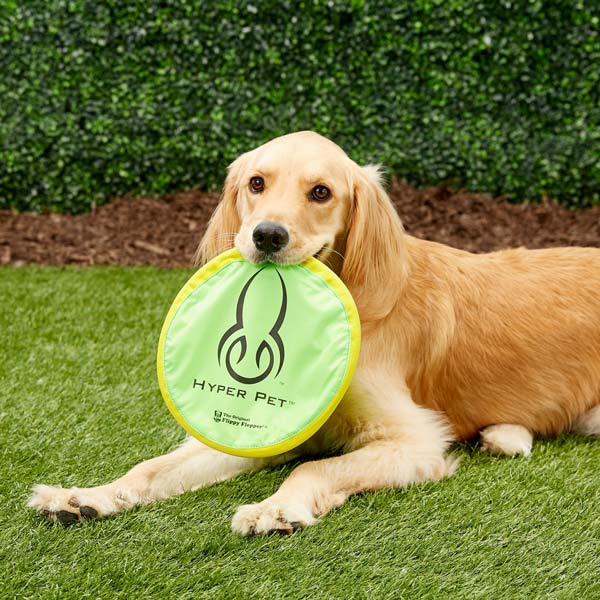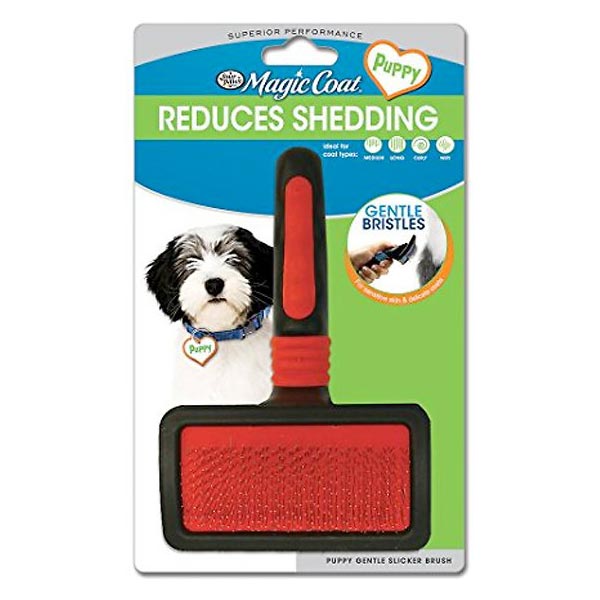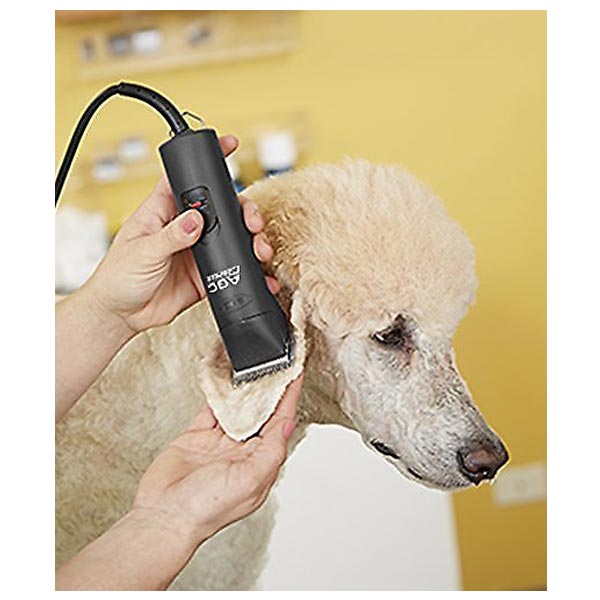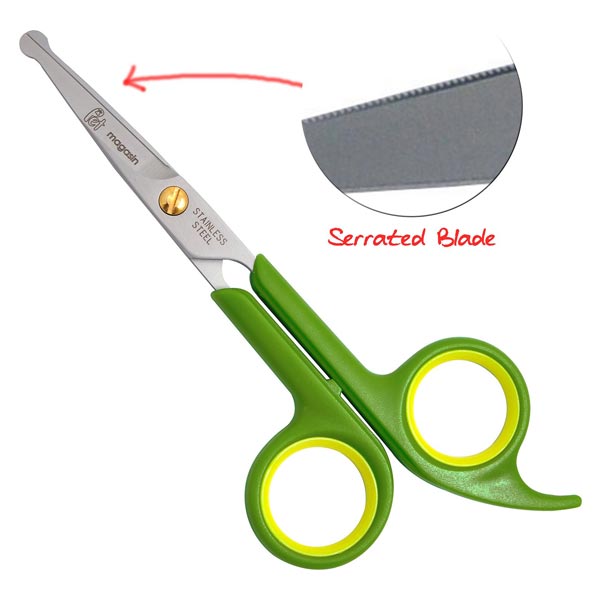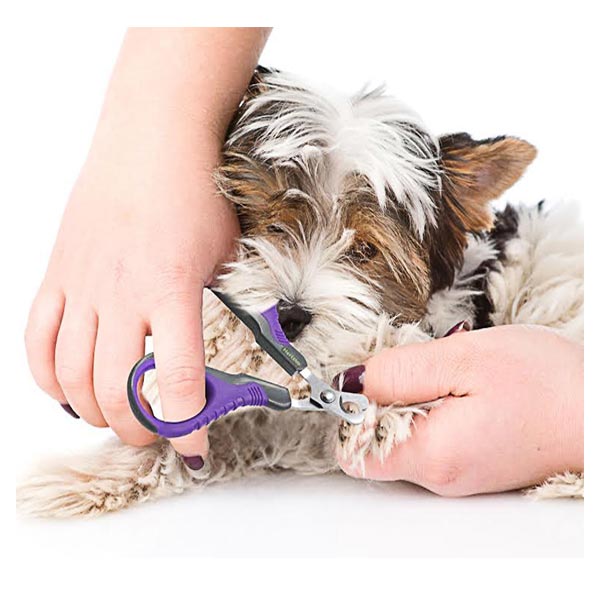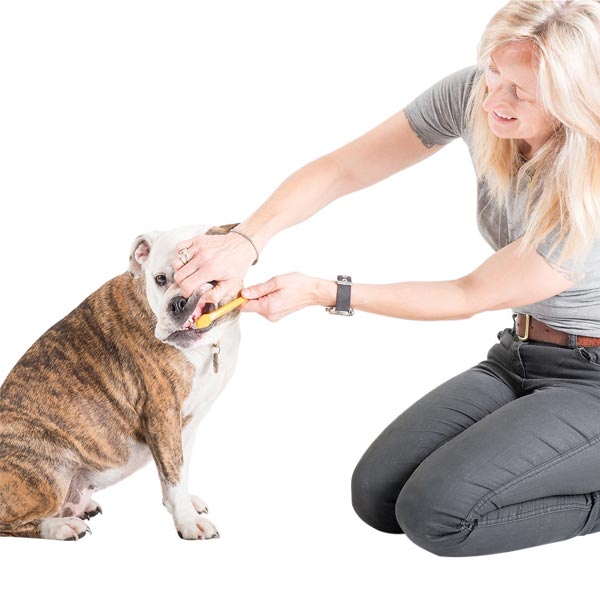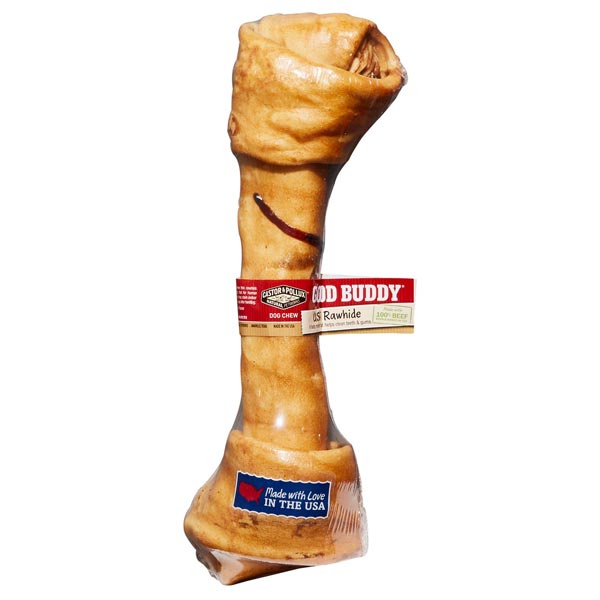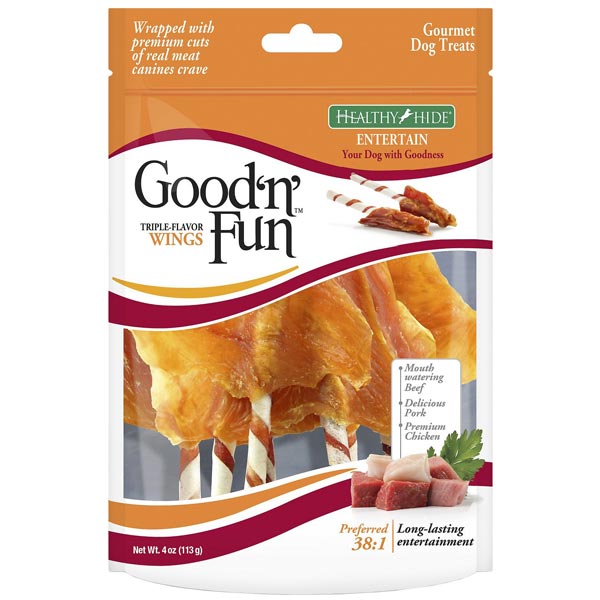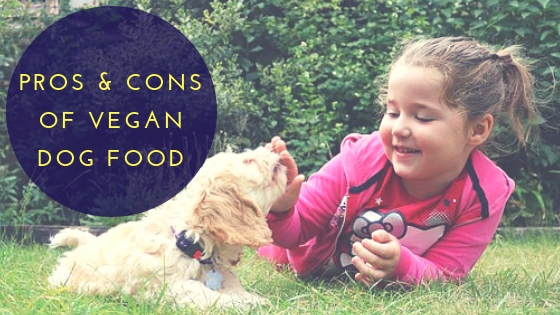Deciding to get a puppy to be part of your household is life-changing. It's another personality that gets added to your lifestyle dynamic. There are lots of things to consider as you choose your new puppy. Once you have chosen a breed that suits your lifestyle, then you need to look forward to their homecoming and all the items required for this new canine companion.
Best Places to Get a Puppy
Choosing your new companion can be difficult as there are many great places to do so. If you are not focused about having a particular breed, then going to shelter or private animal rescue is a good way to find a dog under 1-year-old. Shelters and rescues often take in puppies whose owners can’t handle the demands of a young dog or perhaps have rescued a dog from the streets or far north. Getting your puppy from these places gets you a new friend but also opens up space for another pup who may need saving.
In contrast to pulling a puppy from a shelter, you can also find a trustworthy breeder. It's important to do your research on who you are getting your puppy from as you want to be assured that your new pup is healthy and has been taken care of both pre and postnatal. Puppy mills will pass on any health issues to your pup if there are no standards or care of the parents or the new litter.
Taking Care of Your New Puppy’s Health
Getting a new puppy means that once they are old enough to leave their mom, they then will rely on you for their overall care. They will need numerous Veterinary visits in the 1st year of life. They will need vaccina tions, check-ups, and a spay or neuter if they aren’t being bred. These items are all critical to the care and long term health of your young pup. This is especially important in the area of spay and neutering. It not only reduces the chances of certain types of cancer but can also reduce the number of stray dogs.
Vaccinations are of similar importance. Your pup will need vaccinations against rabies, distemper, parvovirus, and adenovirus. You can also get them vaccinated against the flu, Lyme disease, and some snake venom. It will be important to check into what's available in the area you live as well as what is required under local laws and bylaws.
Further to these upfront and known vet visits, there could be emergency care. Puppies can struggle with some medical issues that you are not counting on ranging from an accident to a chronic medical issue such as diabetes or epilepsy. Puppies health is important, so make sure to be aware of what is needed both medically and financially.
Puppy Training and Exercise

Your puppy will need to learn puppy manners and get out and play every day. Burning off all the puppy energy is important as is socialization and exercise. The ability to socialize helps in combating doggie mental health issues and allows them to learn from other socialized dogs. Play items are easy to find as a simple ball is great, or you can upgrade to other fun products such as discs to promote exercise and training. By doing this, you are creating a well-mannered dog who can get along with both human and canine playmates.
Keeping your Puppy Neat and Clean
Along with medical care, exercise, and socialization, your puppy will need to be cared for through grooming. Regular coat, nail, and teeth care is important in not only keeping them looking nice but healthy as well. Grooming can be done by yourself or a professional groomer, but general maintenance should be done at home. A home grooming routine means their coat and skin will be healthy, and you can avoid unnecessary grooming and health costs.
You will need to purchase some basic items for grooming care. You will need:
Puppy Dental Care
Along with grooming, your puppy will need to have dental care. If you have chosen a small breed puppy, this is quiteimportant as they are prone to dental problems. If you begin caring for their teeth and gums when you bring them home as puppies, then they will learn its part of the everyday routine. Brushing once each day and offering rawhides and chewables are all of great benefit to your new puppy. Try to have products such as these ready for their arrival:
Nutrition for a New Puppy

What and What Should You Feed Your Puppy
Figuring out a feeding schedule and amounts is important for your puppy as is the makeup of their food. The following schedule has been suggested by vets and specialists for puppy feeding:
The First 3 Months
This stage, when your puppy grows fast. They need their mom until they are no less than eight weeks old and start getting solid food when they are weaned. No need to measure as pups regulate their food intake.
4-6 Months Old
This is the time to move your pup to feed three times each day. You don’t want them overeating but also want to make sure they have access to food to keep them growing in a healthy way.
6 Months – 1 Year
Now its time to offer your puppy meal two times per day. Smaller breed pups can start to have adult food while puppies that are large or giant breed need to have puppy food until about 18 months due to their slower rate of growth.
Proper Nutrition for your Puppy
Along with all the suggestions of puppy care above, you also need to offer your puppy good food. Your little fur ball will need a meat-based product that is free of artificial ingredients, colors, flavors, and preservatives. It should not have fillers or unnamed protein sources. Read the labels and understand what you are offering them. Items that have meat protein listed first, Omega fats, DHA for the brain, fiber, and nutrients for joints are all important.
Here is a guide to some quality products for new puppies:
Summed up Puppy Care Guide
Make sure you have the following in place for your new canine companion:
Finally, add in lots of cuddles and affection.




